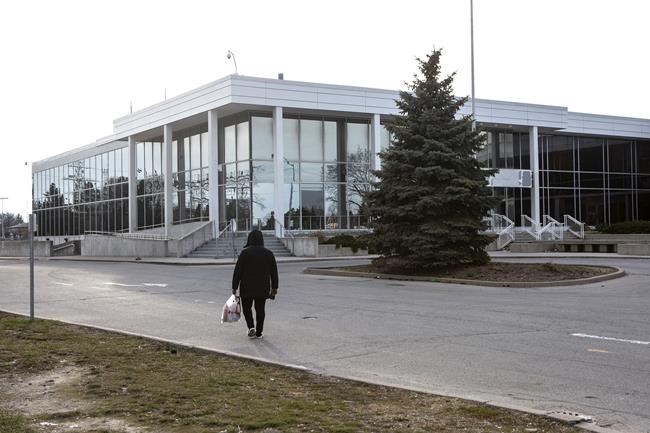TORONTO — A new CIBC Capital Markets report says the official number of non-permanent residents in sa╣·╝╩┤½├Į often cited by policymakers could be vastly underestimated.
The report says the actual number could be off by one million, meaning any policies around housing or those aimed at capping the number of non-permanent residents might be more urgent than previously thought.
Benjamin Tal, deputy chief economist at CIBC, says the significant gap is in part because the federal government does not have a system to track people with expired visas who continue to stay in the country.
While forecasting is difficult, population estimates are crucial because cities and provinces use them to inform their budgets and plan future housing and infrastructure projects.
sa╣·╝╩┤½├Į's population hit a milestone of 40 million earlier this year.
With the underestimation of non-permanent residents, the report says from a housing perspective, it's the equivalent of more than two years of building capacity.
This report by The Canadian Press was first published Aug. 30, 2023.
The Canadian Press



